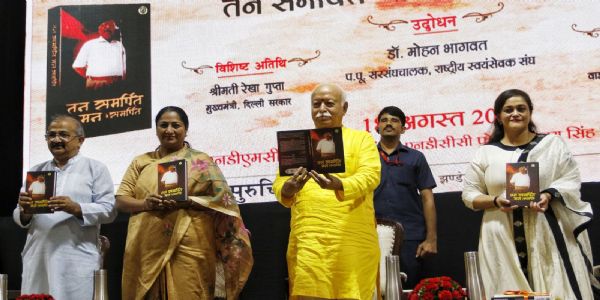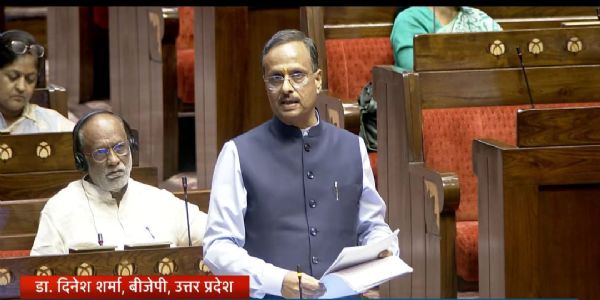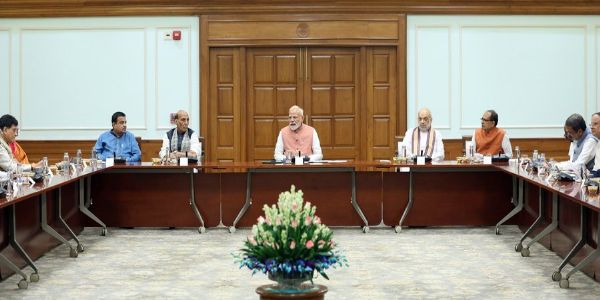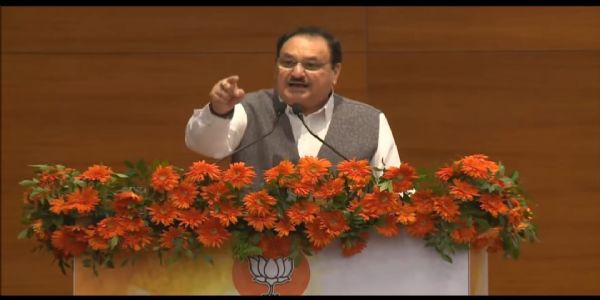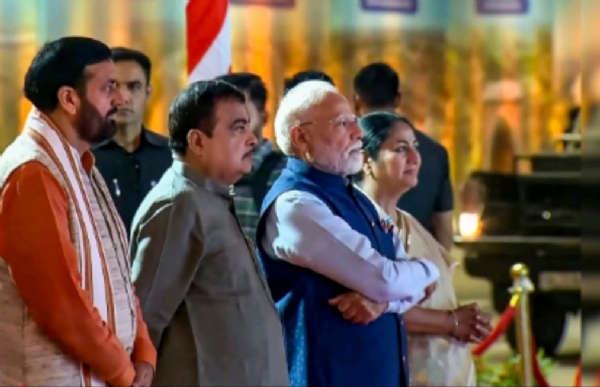
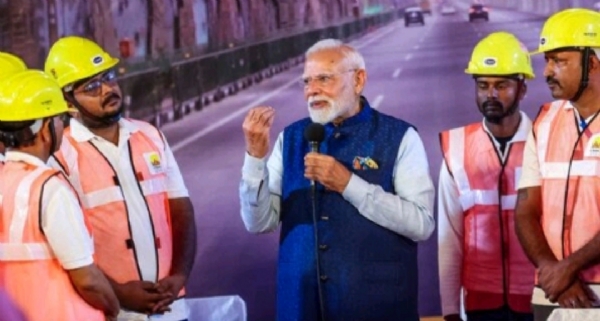
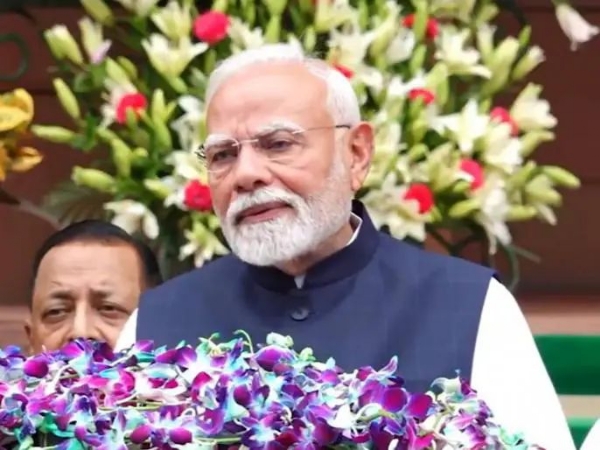
-PM Modi Inaugurates ₹11,000 Crore Highway Projects to Revolutionise Delhi-NCR Commute
New Delhi, August 17(HS): In a landmark initiative to decongest Delhi's roads and accelerate travel across the National Capital Region, Prime Minister Narendra Modi today inaugurated two transformative infrastructure projects — the Urban Extension Road-II (UER-II) and the Delhi section of the Dwarka Expressway. With a combined investment of ₹11,000 crore, these ventures signal a bold leap toward seamless connectivity and world-class infrastructure.
Addressing a bustling crowd at Rohini, Prime Minister Narendra Modi declared, “Delhi is witnessing a development revolution. These projects will increase convenience not just for Delhiites, but for the entire NCR region, including Gurugram.” Joined by Delhi Chief Minister Rekha Gupta, Haryana Chief Minister Nayab Singh Saini, and Union Road Transport Minister Nitin Gadkari, the Prime Minister emphasised his government’s commitment to turning Delhi into a model of a developed India.
A New Era for Urban Mobility
The six-lane UER-II, stretching over 75km, forms a semi-circular lifeline around Delhi's western corridor. Connecting key junctions from NH-44 through Rohini, Mundka, Najafgarh, Dwarka, and terminating at the Delhi-Gurugram Expressway near Mahipalpur, the expressway is engineered to redistribute traffic away from Delhi’s inner arteries and notorious choke points like Mukarba Chowk and Dhaula Kuan. The newly opened Alipur-Dichaon Kalan stretch, built at a cost of ₹5,580 crore, introduces direct spurs to Bahadurgarh and Sonipat, boosting industrial traffic flow and slashing city commute times by up to 60%.
Meanwhile, the 10.1km Delhi section of the Dwarka Expressway, developed for ₹5,360 crore, promises high-speed links to key destinations — Yashobhoomi, Delhi Metro’s Blue and Orange lines, the upcoming Bijwasan railway station, and Dwarka cluster Bus Depot. The stretch is split into a 5.9km segment from Shiv Murti intersection to Dwarka Sector-21 Road Under Bridge, and a 4.2km span from Sector-21 to the Delhi-Haryana border, seamlessly interconnecting Dwarka Expressway and UER-II.
Innovative, Sustainable Construction
Beyond connectivity, the UER-II stands out for its eco-conscious construction. “Lakhs of tons of garbage have been repurposed to build this stretch, helping free Delhi from its mountains of waste,” PM Modi highlighted. The infrastructure push also recycled waste and transplanted trees, setting new benchmarks for urban India’s sustainable development.
Political and Economic Impact
The inaugurations come as the BJP government takes the helm in Delhi after a long hiatus, with PM Modi asserting, “Previous governments put Delhi in a ditch. Now, we have to pull Delhi out and lead it towards progress.” Minister Gadkari projected a stunning 50% reduction in Delhi’s traffic jams, while Haryana Chief Minister Saini predicted his state will reap maximum benefits from the new corridors.
The event also saw PM Modi renew his call for economic self-reliance, reiterating the mantras of ‘Vocal for Local’ and Atmanirbhar Bharat, particularly in the wake of heightened tariffs imposed by US President Donald Trump. “If you are Indian, buy only goods made in India. This will benefit the country, and ensure the money stays within India,” Modi appealed, urging traders to champion indigenous products for national prosperity.
A Roadmap to the Future
With the infrastructure budget hiked sixfold over 11 years and record-breaking highways laid across India, the PM assured that the nation is on track for next-generation reforms. A dedicated Reform Task Force is being established to propel India toward a $10 trillion economy by 2047, modernise governance, and uphold the interests of farmers and small businesses.
“When the world judges India, it first looks at our capital. Delhi will be the beacon of a developed nation,”PM Modi concluded, setting the stage for a new era of urban transformation and citizen-centric mobility.
---------------
Hindusthan Samachar / Jun Sarkar





